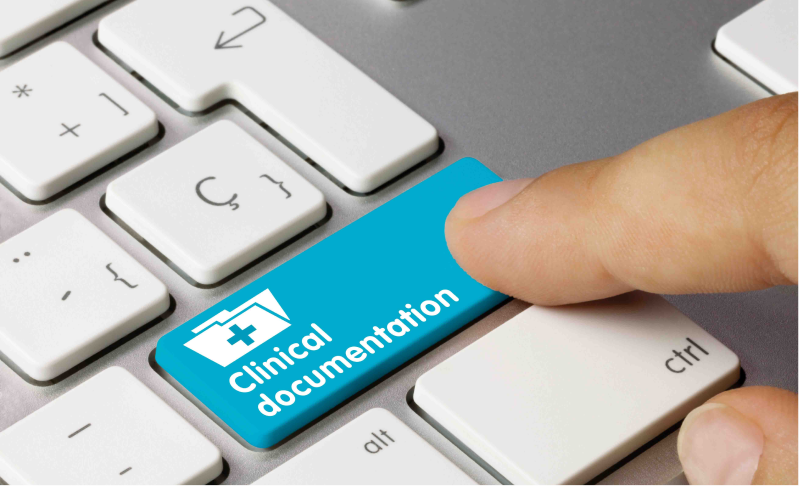Clinical Documentation Improvement
- Home
- Service
- Clinical Documentation Improvement

Clinical Documentation Improvement Program by Code Billium
In addition to offering comprehensive coding and billing services, Code Billium (CB) is rapidly emerging as a leader in Clinical Documentation Improvement (CDI). CB collaborates with healthcare providers to help them capture appropriate revenue that might otherwise be missed, working closely with coding teams to accurately represent patient severity of illness and risk of mortality.
Healthcare systems invest significant resources in patient care, and CB ensures providers are well-educated on accurately documenting diagnoses. Our expertise can help your organization achieve greater accuracy and financial success in this critical area.
What is Clinical Documentation Improvement?
Clinical Documentation Improvement (CDI) involves reviewing a patient’s medical records for completeness and accuracy. Proper CDI ensures that diagnoses, diagnostic findings, and disease processes are thoroughly documented. CB’s specialists, with both clinical and medical coding expertise, identify gaps that could lead to under-coding or errors.
CDI generally focuses on entries made by medical providers or clinical staff during inpatient visits. While electronic health record (EHR) systems have streamlined many processes, the responsibility of accurately documenting care still falls on providers. CB’s CDI specialists work to ensure documentation reflects patients’ conditions for precise coding of their health status.
Benefits of CDI in Inpatient Settings
For inpatient facilities, CDI services from CB provide two key advantages:
- Improved Claims Payment: Accurate documentation increases the likelihood of initial claim approval.
- Audit Protection: Proper documentation safeguards against fines or repayment due to unfavorable audit findings.
By ensuring accurate coding, CB helps healthcare facilities maximize revenue and avoid costly penalties.
CDI’s Role in Revenue Maximization
In inpatient settings, proper reporting of all clinically supported conditions is crucial. Reimbursement is often determined by Diagnosis-Related Groups (DRGs), which classify diagnoses into groups affecting patient care during hospital stays. CB’s specialists ensure that principal and secondary diagnoses, including comorbidities, are accurately captured to maximize reimbursement.
CDI’s Impact on Patient Care
A robust CDI program not only improves financial outcomes but also enhances patient care by:
- Improving communication between care providers.
- Reducing patient length of stay.
- Minimizing avoidable readmissions.
Programs like the Hospital Readmissions Reduction Program (HRRP) reward facilities that reduce readmissions, further emphasizing the importance of CDI.
CDI in Outpatient Settings
In outpatient environments, CDI is equally impactful. Accurate documentation prevents claim denials and ensures timely payments. With updates like the 2023 CPT® E/M guidelines, CB’s specialists help providers adapt to changes in coding and documentation requirements, ensuring compliance and efficiency.
CB also assists in identifying Social Determinants of Health (SDOH), factors critical to improving patient outcomes. By working with office staff, CB ensures that patients receive necessary social services alongside medical care.
How CB Implements a CDI Program
CB’s CDI specialists adopt a tailored approach based on the setting:
- Inpatient: Specialists review documentation during patient stays, querying providers for clarifications as needed.
- Outpatient: Reviews occur retrospectively, with a focus on education rather than immediate queries.
CB emphasizes the ethical and appropriate communication of findings, ensuring documentation is accurate without suggesting unsupported diagnoses.
Why Choose Code Billium for CDI?
- Accurate claim submissions.
- Favorable audit outcomes.
- Improved revenue cycles.
- Enhanced patient health outcomes.

